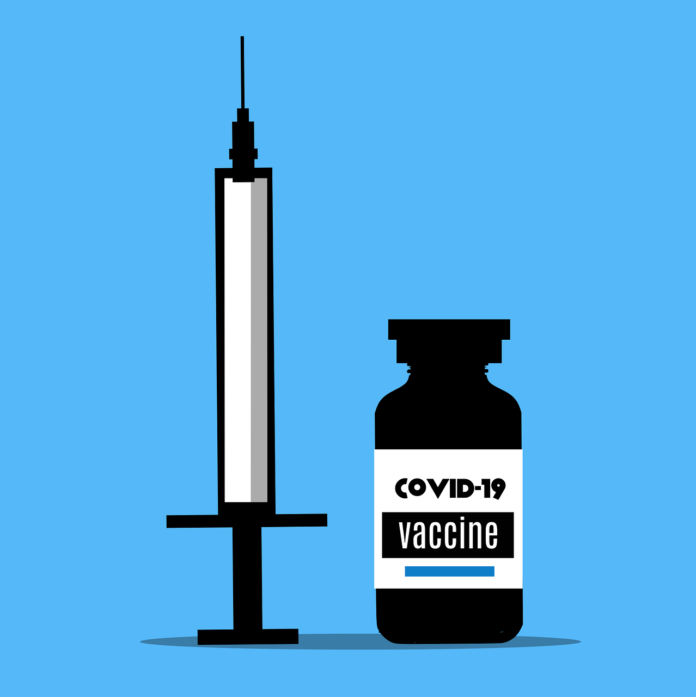In the past few weeks, around two million Americans have received a coronavirus shot under the first phase of Centres for Disease Control and Prevention’s vaccine distribution plan. Soon, the general public will also be able to get the vaccine. However, not everyone can get the vaccine, as per CDC’s guidelines due to a number of factors.
For instance, phase Ia of vaccine distribution was limited to healthcare workers because of the high risk of exposure to the virus. During this period, there were a number of reports of allergic reactions.
Although very few, these cases showed the possibility of reactions to any of the ingredients of the vaccine. Therefore, people are advised to mention the history of reactions to previous vaccines or allergies to any of the ingredients.
Additionally, healthcare workers are also to observe all people getting vaccines for at least fifteen minutes. The time is double for people with a history of allergies to vaccinations or injectable medicines.
In most cases, the vaccine is safe. Even if a reaction occurs it can be controlled due to the new instructions for observing. Regardless of these precautions, some groups cannot get a coronavirus shot yet.
RELATED: Decision Fatigue – What is It and How to Control It
Children, for example, are not a part of distribution programs as they cannot get the vaccine. Currently, there are two vaccines that have been authorized for usage.
The vaccine for Pfizer and BioNTech is usable in people over the age of sixteen. The second vaccine from Moderna can only be used in adults aged eighteen and over. So, younger teenagers and children should not get a coronavirus shot.
According to experts, the primary reason for excluding children and adolescents is due to lack of testing. In clinical trials of both vaccines, all participants were adults. Therefore, all information on the effectiveness or side effects of the vaccines is also limited to adults.
In children, the vaccines may work very differently. They may not be effective at all or may even cause adverse effects. Since there is no scientific study or trial to show they are safe for usage, the CDC advises continuing to teach children to follow coronavirus safety guidelines.
Though the chances of severe coronavirus infection or associated complications are the lowest in children, they can still spread the virus. In fact, studies have shown that kids may transmit the virus more than adults.
The best way to make children follow coronavirus precautions is by setting an example, as said by health experts. Since kids tend to follow adults around them, it is best to take preventive measures in front of them.
Doing this will not only help make children take precautions and protect themselves from the virus but also help in ending the pandemic as soon as possible.
Keep in mind that all guidelines for the prevention of coronavirus infection are to be followed even after getting a vaccine as the process of distribution is slow and difficult.
It will take from weeks to months for the majority of the population to get vaccinated. Until then, it is important to wear masks, practice social distancing, stay at home, and maintain good hygiene.




